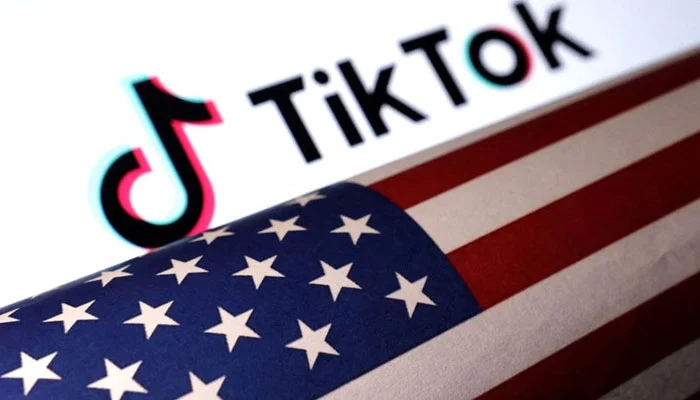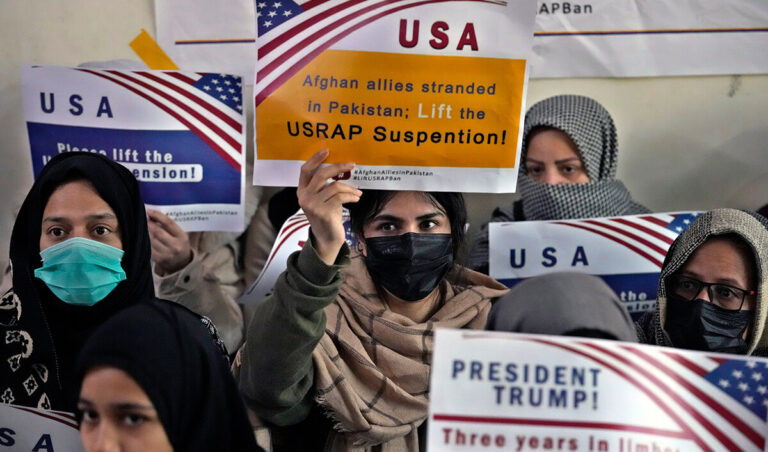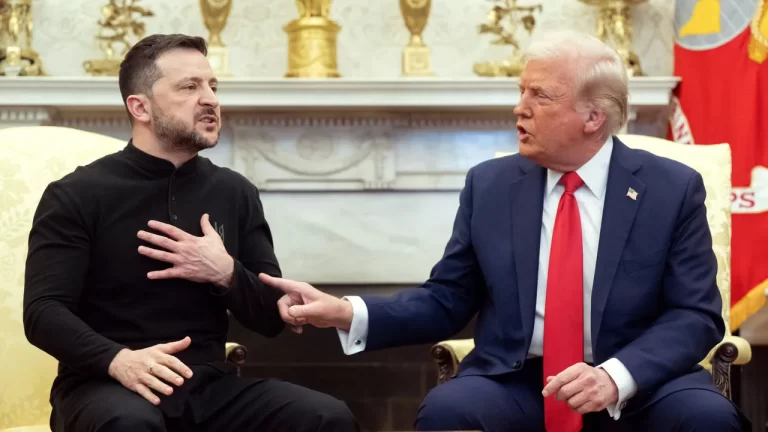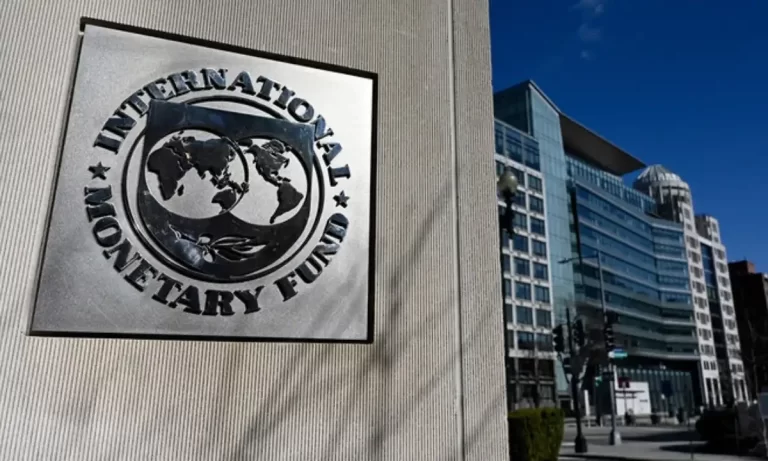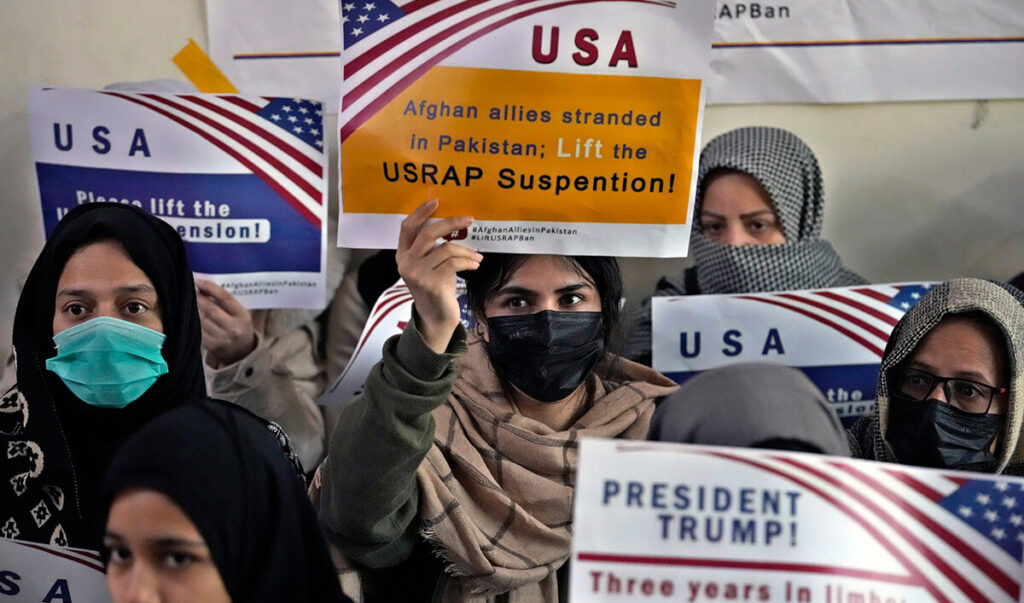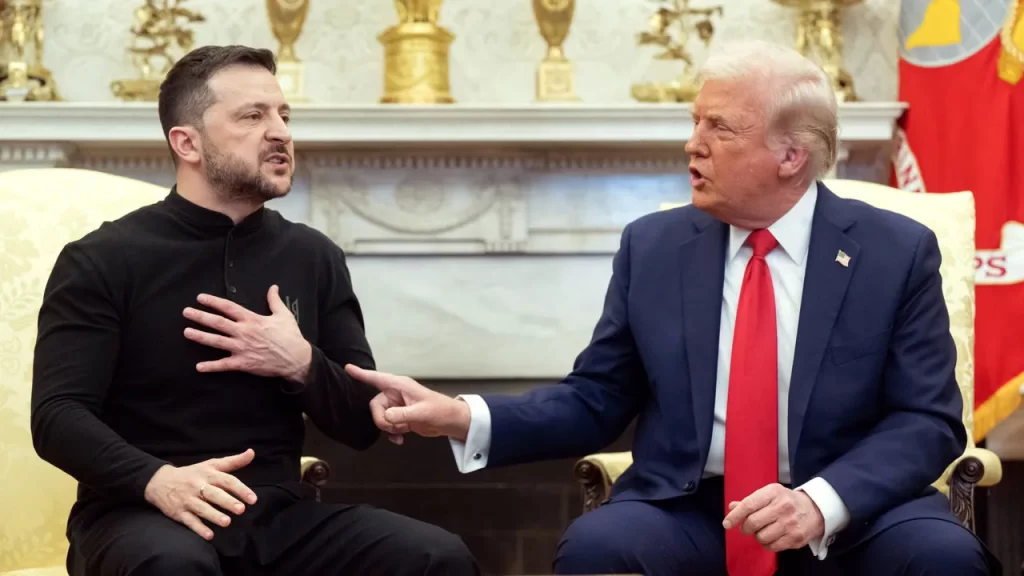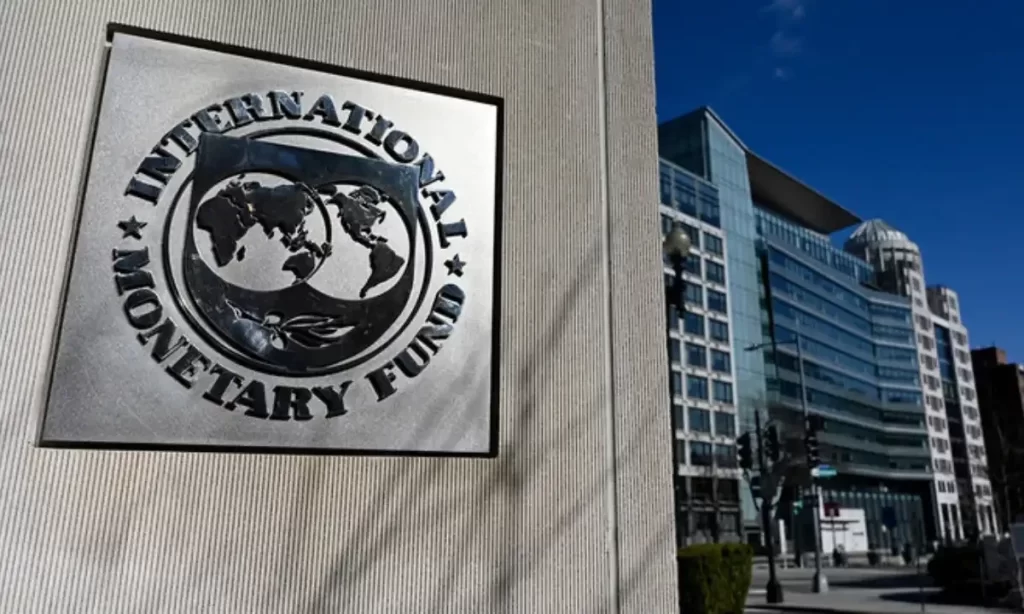A recent ruling by a US federal appeals court has intensified pressure on TikTok. The court rejected TikTok’s request to delay a law that requires its Chinese parent company, ByteDance, to divest from the platform. Consequently, if ByteDance fails to comply by the January 19 deadline, TikTok could face a nationwide ban. In light of this, TikTok is now appealing to the Supreme Court in a last-ditch effort to avoid this outcome.
TikTok’s Supreme Court Plea
TikTok had initially hoped to secure a temporary delay by asking the Supreme Court to review the case. Moreover, the company argued that the new administration might reassess the situation and potentially revise its stance. Nevertheless, the appeals court upheld the law, emphasizing national security concerns tied to ByteDance’s ownership. Thus, the court determined that enforcing the law was necessary to mitigate potential risks.
Why National Security Is a Concern
US officials have repeatedly voiced concerns about TikTok’s potential misuse. For example, they worry that ByteDance could be compelled to share user data with the Chinese government or influence American users through content moderation. Although TikTok has consistently denied sharing data with Chinese authorities, these assurances have failed to dispel fears about privacy and security. Therefore, the platform continues to face scrutiny from policymakers.
Implications of the Law
The law, which was passed in April, mandates that TikTok sever ties with ByteDance by mid-January. If TikTok fails to comply, it risks being banned in the US. This would significantly disrupt the platform’s millions of users as well as its business operations. Furthermore, the law reflects growing concerns about privacy and underscores the increasing scrutiny of foreign-owned apps in the US.
What’s Next for TikTok?
As the January 19 deadline approaches, TikTok’s future in the US remains uncertain. For now, the Supreme Court’s decision on the appeal will be crucial in determining whether TikTok can avoid a ban. If the court ultimately upholds the ruling, the outcome could set a powerful precedent for how the US handles foreign-owned technology companies in the future.

